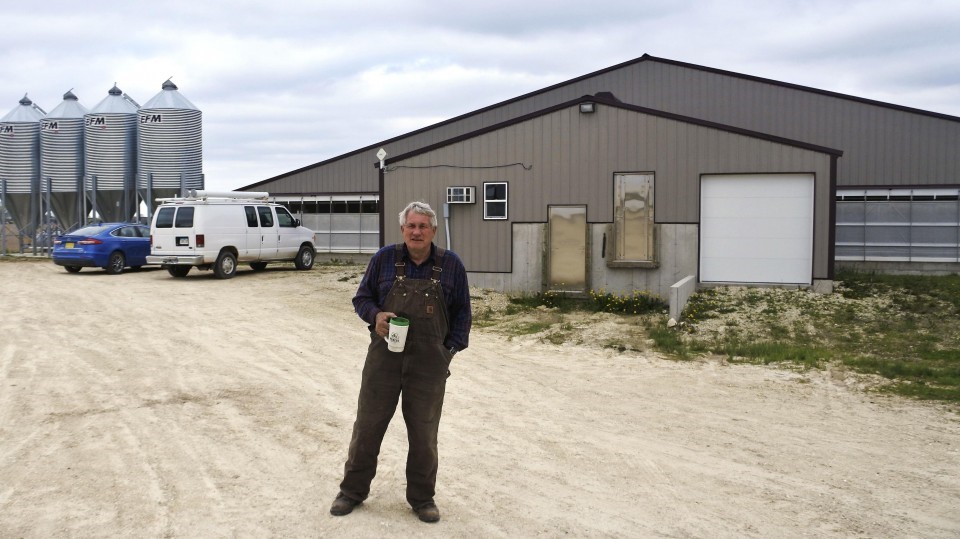Trade talk is better than war talk, so it was good to see the announcement last week that the United States and Taiwan are about to embark on bilateral trade negotiations.
Lately there’s been too much war talk, much of it involving China and Taiwan—and there hasn’t been nearly enough trade talk.
The policy of the United States should be clear: We don’t want to fight a war with anyone, and we want to trade with everyone.
U.S. Trade Representative Katherine Tai put it well last week when she visited Iowa, with a message for farmers like me.

“What has become clear to us is we need to turn the page on the old playbook,†she said in an interview with the Des Moines Register.
This was no throwaway line, but rather a careful statement that she introduced in congressional testimony last March, when Tai promised to “turn the page on the old playbook with China.â€
I couldn’t agree more. The old playbook has failed us. It led to disengagement and dispute.
The old playbook’s biggest blunder was to disengage from the Trans-Pacific Partnership, a large trade agreement that involved a dozen nations, including the United States. Neither China nor Taiwan was a part of it, and some of TPP’s rationale involved creating a trade zone that would serve as a counterweight to China’s growing influence. In 2017, President Trump withdrew from the pact, in what was a major misstep, in my opinion.
Then came the disputes. Pulling out of the negotiated TPP not only shut off important economic opportunities for the signing nations, but it inaugurated a series of spats with China, as our governments slapped protective tariffs on each other. Our relationship with the world’s most populous nation sank to new lows, and they have stayed there, in a quagmire of suspicion and failure.
We need a fresh strategy—a new playbook that views Asia and the entire Pacific region as a remarkable opportunity for American exporters, and especially its farmers.
Earlier this year, the Biden administration launched the Indo-Pacific Economic Framework with many of the countries that were a part of TPP. IPEF won’t generate more trade immediately because its cautious approach essentially is to hold talks about the possibility of holding talks, in an arrangement that only a diplomat could love.
Yet something is better than nothing, and at least IPEF is something.

The talks with Taiwan, by contrast, will be actual trade talks. They could produce a bilateral agreement that improves economic ties.
We already trade a lot with Taiwan. Last year, it was our eighth largest trading partner, according to Forbes, and we swapped goods and services worth $100 billion.
We trade about as much with the 24 million people of Taiwan as we do with India and its population of more than 1 billion people.
Taiwan also is the sixth most important destination for U.S. farm exports. Last year, we sold nearly $4 billion in agricultural goods to Taiwan, according to the U.S. Department of Agriculture. It’s the single largest market for container shipments of U.S. soybeans, with purchases of $736 million, plus the potential to improve, if we solve the shipping crisis that has hurt supply chains everywhere.

Beef sales to Taiwan approached $700 million last year, and farmers also exported apples, cherries, poultry, milk, nuts, and more.
We can do even better, and the negotiating mandate for our trade talks with Taiwan specifically cites the need “to adopt provisions to facilitate agricultural trade through science- and risk-based decision making and the adoption of sound, transparent regulatory practices.â€
That sounds like a good goal.
Some will object to these trade talks on the grounds that China is already objecting to them.
Yet shrinking from the opportunity to trade with Taiwan is the old way of thinking—and as Katherine Tai has said, it’s time to turn the page.
We can trade with China, too. It just has to join us at the negotiating table.
Let’s quit the war talk and start the trade talk.


